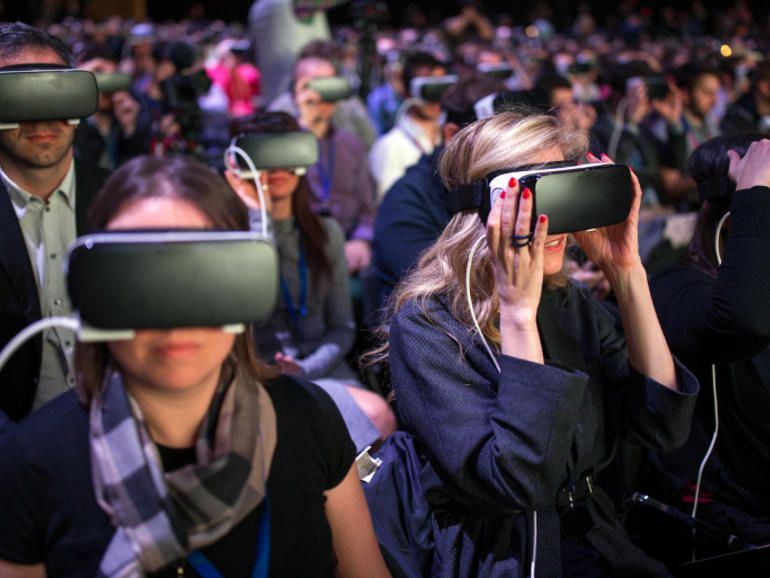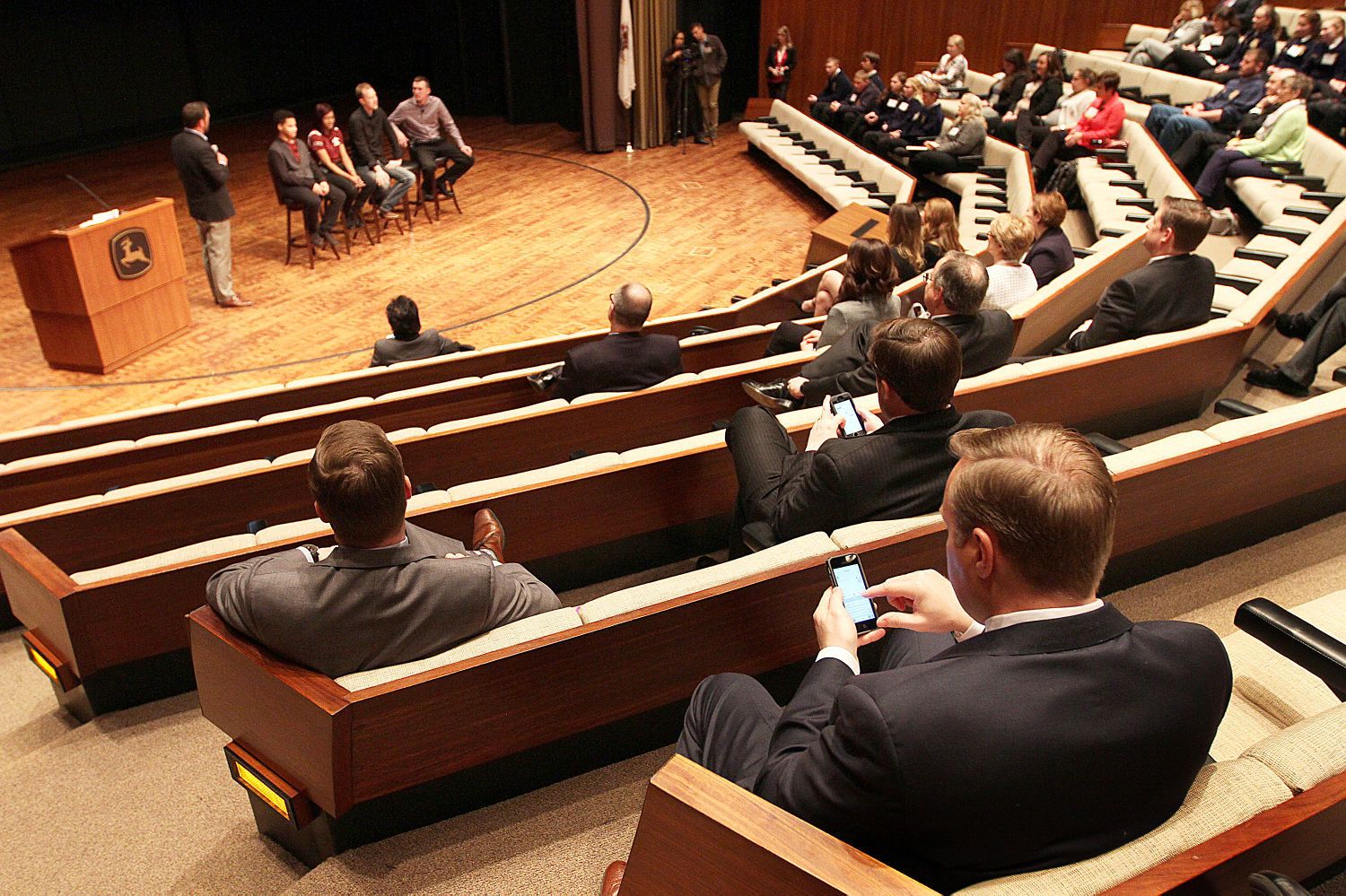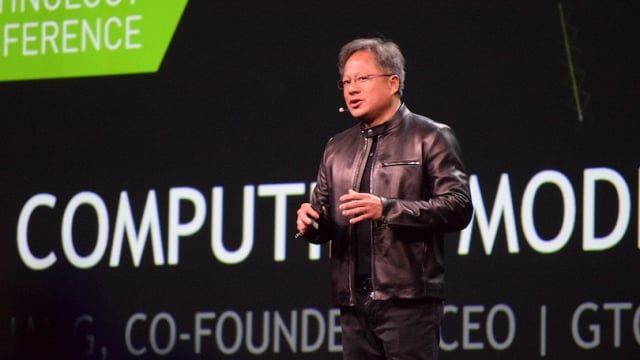Nice
Recovering mobility after a stroke or an accident can take a lot of hard work. Now a team in Manchester is using virtual reality to help patients get moving again.
Marge Brown cannot help the tears welling up in her eyes as she watches her husband stroll on a treadmill through a virtual wood he can see on the giant video screen in front of him.
Six years ago, Kenneth had a massive stroke which left his left side paralysed. Doctors told him he would never be able to walk again and advised he would be best cared for in a residential home.
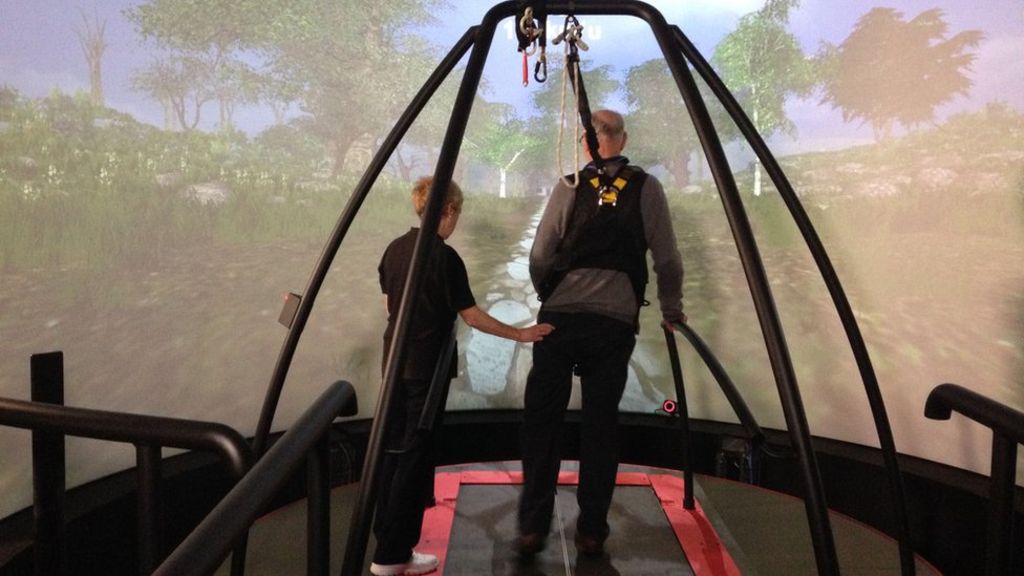
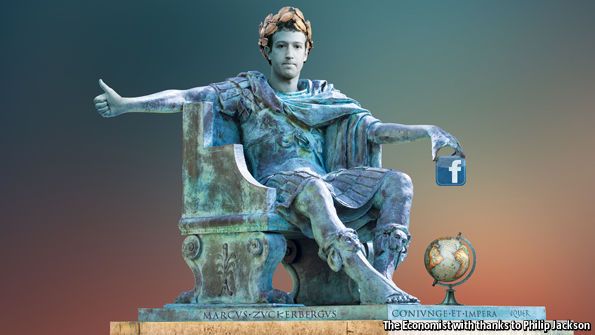
![Click this image to show the full-size version. [IMG]](https://lifeboat.com/blog.images/microsofts-holoportation-tech-could-be-key-to-supplanting-phones2.jpg)
